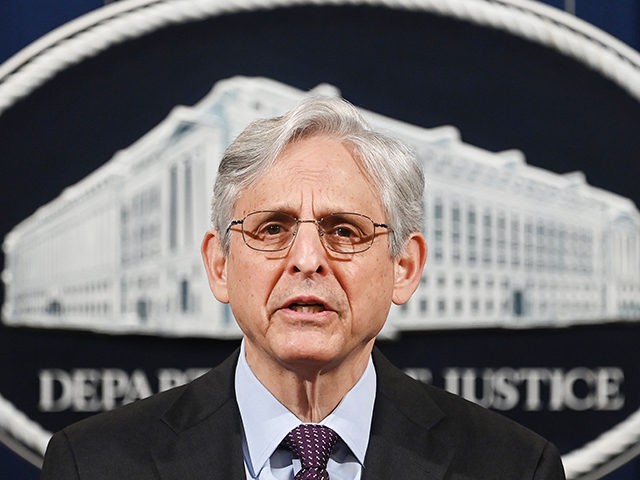The FBI raid on former President Donald Trump’s private residence at Mar-a-Lago, Florida, had “no legal basis,” according to a Wall Street Journal op-ed by former White House and Department of Justice lawyers David B. Rivkin Jr. and Lee A. Casey.
In their op-ed, Rivkin and Casey argue that the Presidential Records Act of 1978 allowed Trump to have the records allegedly in his possession, and that the general statutes cited in the search warrant — such as the Espionage Act — do not override it.
They note:
The warrant authorized the FBI to seize “all physical documents and records constituting evidence, contraband, fruits of crime, or other items illegally possessed in violation of 18 U.S.C. §§793, 2071, or 1519” (emphasis added). These three criminal statutes all address the possession and handling of materials that contain national-security information, public records or material relevant to an investigation or other matters properly before a federal agency or the courts.
…
Those statutes are general in their text and application. But Mr. Trump’s documents are covered by a specific statute, the Presidential Records Act of 1978. It has long been the Supreme Court position, as stated in Morton v. Mancari (1974), that “where there is no clear intention otherwise, a specific statute will not be controlled or nullified by a general one, regardless of the priority of enactment.” The former president’s rights under the PRA trump any application of the laws the FBI warrant cites.
…
The PRA lays out detailed requirements for how the archivist is to administer the records, handle privilege claims, make the records public, and impose restrictions on access. Notably, it doesn’t address the process by which a former president’s records are physically to be turned over to the archivist, or set any deadline, leaving this matter to be negotiated between the archivist and the former president.
Read the full op-ed here.
President Trump’s attorneys filed a motion Monday with the federal court in Florida that authorized the search warrant, asking him to appoint a “special master” to return seized materials that implicate attorney-client privilege or executive privilege. They argue that the president’s Fourth Amendment rights were violated — that the search warrant was so broad as to amount to a “general search,” prohibited since the days of “red-coated soldiers” who provoked the Bill of Rights in the first place.
Rivkin and Casey note that there is no provision in the PRA that would allow a search warrant to be executed against the president, absent some other crime having been committed (and possibly having reached a conviction in a court of law).
Trump’s attorneys, likewise noting that there is “no criminal enforcement mechanism or penalty in the PRA,” speculated in their filing that the Department of Justice (DOJ) may have cited other statutes — other than those dealing directly with presidential records — to “manufacture a basis to seek a search warrant.” They argue that the DOJ may have sought a pretext to “rummage for either politically helpful documents” or for documents that might implicate Trump in the January 6 riot.
U.S. Magistrate Judge Bruce Reinhart has given the DOJ until Thursday to indicate what redactions it would like him to allow on the affidavit that was filed to support the warrant; he reiterated Monday that he will not allow it to remain wholly sealed.
Joel B. Pollak is Senior Editor-at-Large at Breitbart News and the host of Breitbart News Sunday on Sirius XM Patriot on Sunday evenings from 7 p.m. to 10 p.m. ET (4 p.m. to 7 p.m. PT). He is the author of the recent e-book, Neither Free nor Fair: The 2020 U.S. Presidential Election. His recent book, RED NOVEMBER, tells the story of the 2020 Democratic presidential primary from a conservative perspective. He is a winner of the 2018 Robert Novak Journalism Alumni Fellowship. Follow him on Twitter at @joelpollak.

COMMENTS
Please let us know if you're having issues with commenting.